From Cardiff to Wembley: London set for Euro 2028 final
Europe’s best will battle it out across four nations in the 2028 tournament


Get exclusive shortlists, celebrity interviews and the best deals on the products you care about, straight to your inbox.
You are now subscribed
Your newsletter sign-up was successful
Euro 2028 is officially locked in, with UEFA confirming the nine stadiums across England, Scotland, Wales and the Republic of Ireland that will host matches next summer.
It was supposed to be ten. Belfast's Casement Park, picked ahead of Windsor Park due to UEFA’s minimum capacity requirements, was originally part of the joint bid. But after years of budget escalations, planning delays and increasing uncertainty around its redevelopment, the Belfast venue was dropped entirely.
It means Euro 2028 will run with nine stadiums, though Belfast still plays a key role: the UEFA EURO 2028 qualifying draw takes place in the city on 6 December 2026, hosted at the International Convention Centre. It’s a symbolic inclusion that keeps the region at the heart of the project as a “valuable partner”, even without match hosting duties.
There’s also a revamped qualifying format. Teams will be drawn into 12 groups of four or five, playing home and away matches from March to November 2027. Group winners qualify automatically, runners-up either qualify directly or drop into play-offs alongside UEFA Nations League sides, with the final play-off round taking place in March 2028.
Here’s the full guide to every Euro 2028 venue and what they’re hosting.
Wembley Stadium — London, England
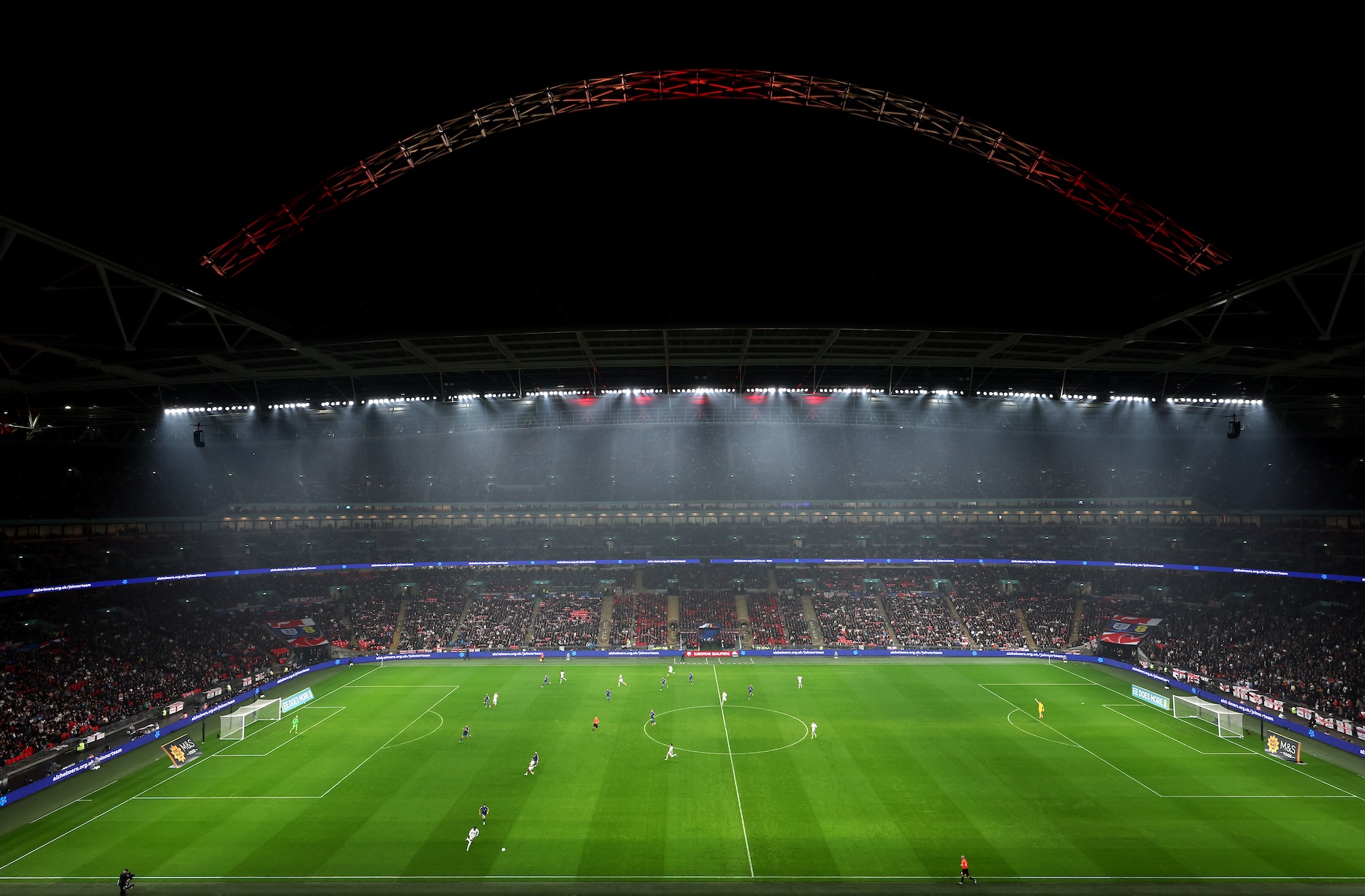
- Capacity: 86,000
- Matches: Group stage, quarter-finals, both semi-finals, final
Wembley is the crown jewel of Euro 2028. The iconic arch dominates the skyline and it’s already steeped in football history, from the 1966 World Cup final to Euro 2020’s dramatic showpiece. Both semi-finals and the final will take place here, so expect the stadium to be buzzing with tens of thousands of fans as the tournament reaches its climax.
England will also play their final two group matches at Wembley if they qualify directly, making it the natural hub of the tournament. Beyond football, Wembley hosts FA Cup and EFL Cup finals, major concerts, and even NFL games, so it’s well-versed in managing high-profile, high-energy events.
Get exclusive shortlists, celebrity interviews and the best deals on the products you care about, straight to your inbox.
Principality Stadium — Cardiff, Wales
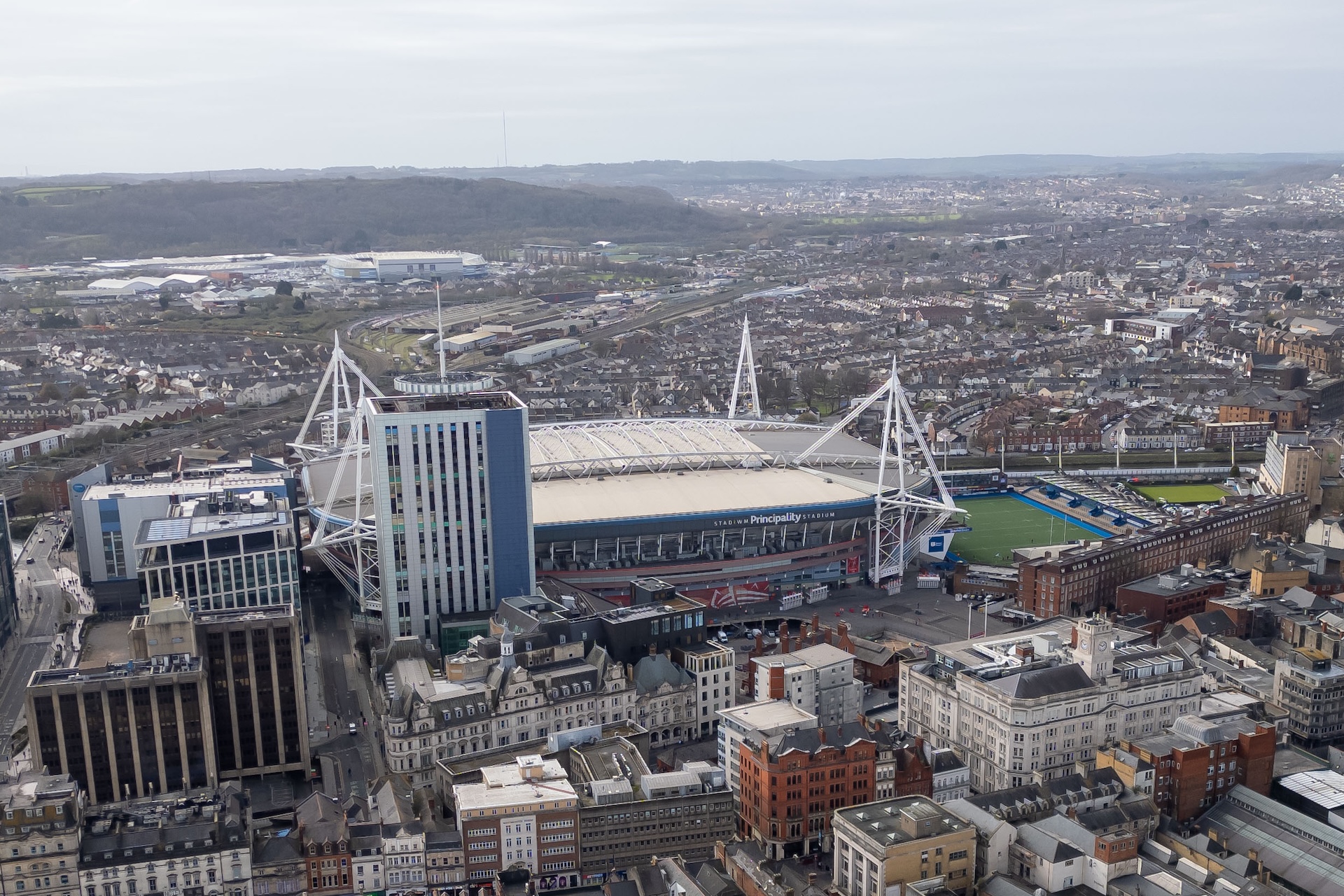
- Capacity: 73,000
- Matches: Opening match, group stage, round of 16, quarter-final
Cardiff’s Principality Stadium will kick off Euro 2028, a massive moment for Welsh football fans and the first time the national side could play a major tournament at home. Built for rugby but long associated with football, it has hosted Champions League finals, FA Cup finals, and even the 2012 Olympic football opener.
Expect the stadium’s retractable roof to allow for dramatic atmosphere regardless of the Welsh weather, and the passionate “Red Wall” to create a truly electric opening night. The venue will also stage a quarter-final, giving Wales a potential home advantage later in the knockout stages.
Tottenham Hotspur Stadium — London, England
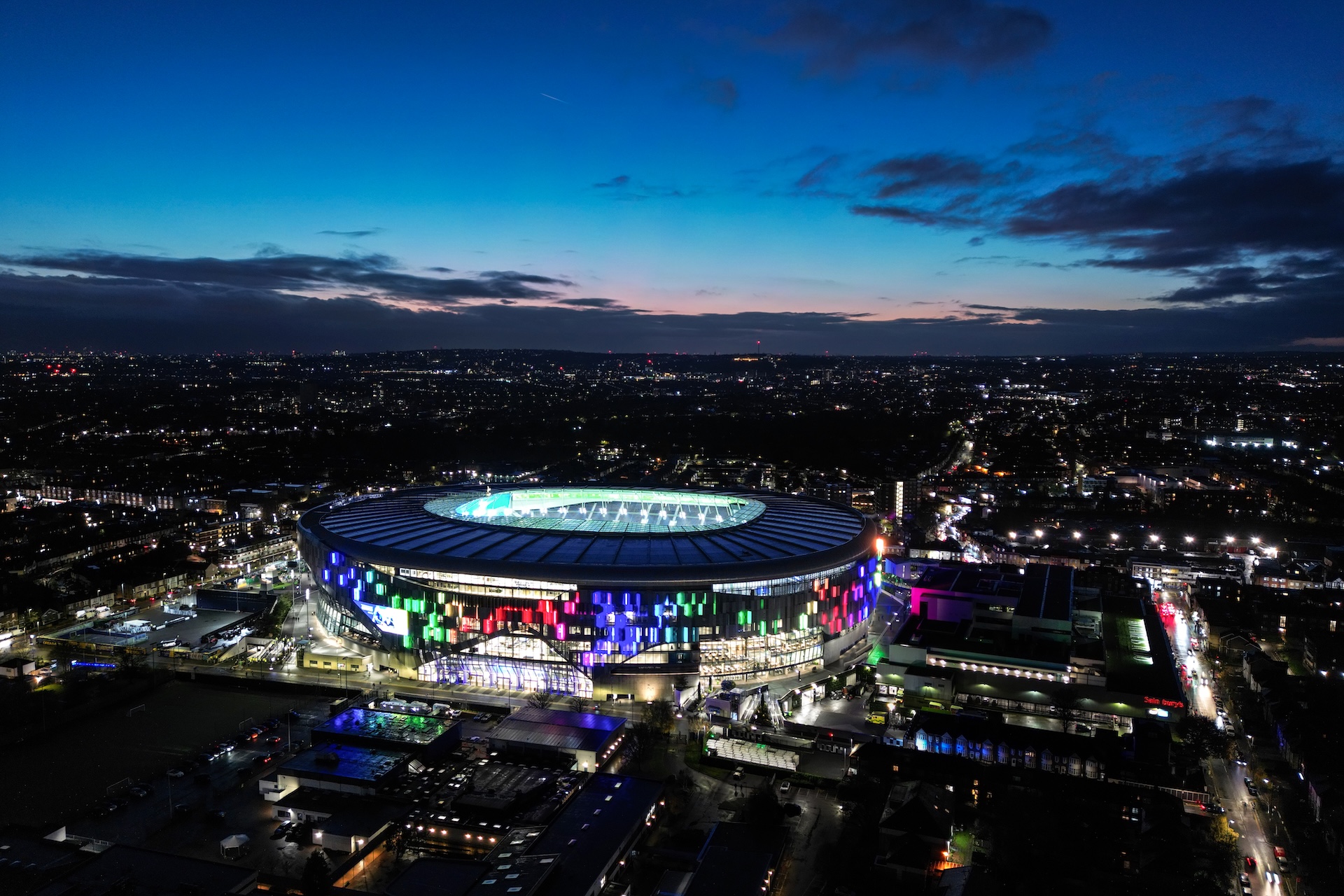
- Capacity: 60,000
- Matches: Group stage, round of 16
Tottenham’s modern, high-tech stadium is built for spectacle. Opened in 2019, it’s one of England’s most impressive grounds, featuring the largest single-tier stand in the country. It will host group-stage matches and a round-of-16 tie, likely creating one of the more intimate yet raucous atmospheres in London outside Wembley.
Beyond football, the stadium has staged NFL games, concerts, and Anthony Joshua fights, so organisers know it can handle major-scale events with style and precision.
Etihad Stadium — Manchester, England
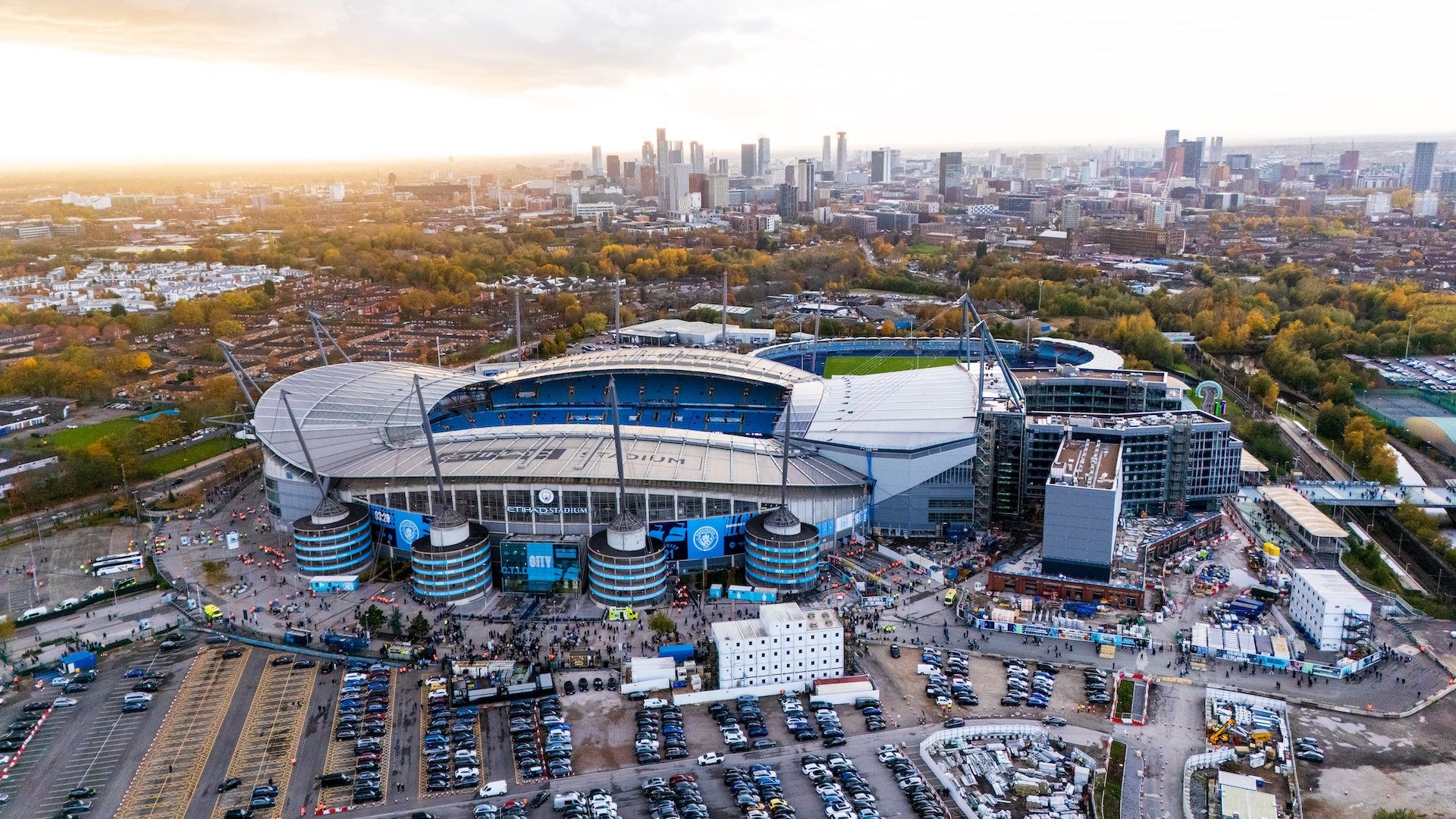
- Capacity: 58,000
- Matches: Group stage, round of 16
Manchester City’s Etihad is a modern football cathedral. Constructed for the 2002 Commonwealth Games and continually expanded, it’s in line to host England’s opening match should they qualify directly.
The venue’s mix of seating comfort, corporate facilities, and iconic City branding will give fans a sleek, high-tech experience. The stadium has also hosted international fixtures, Lionesses matches, and major club events, making it a safe bet for an intense group-stage atmosphere in one of England’s football heartlands.
Hampden Park — Glasgow, Scotland

- Capacity: 51,000
- Matches: Group stage, round of 16, quarter-final
Hampden Park is Scotland’s national stadium and steeped in history, dating back to the early 1900s. It has hosted three Champions League finals, Commonwealth Games events, and major Scottish Cup deciders. For Euro 2028, it will host group games, a round-of-16 tie, and a quarter-final, meaning fans can expect a dramatic knockout atmosphere.
Glasgow’s vibrant football culture ensures that Hampden will be loud, passionate, and unforgettable for players and spectators alike.
Aviva Stadium — Dublin, Republic of Ireland
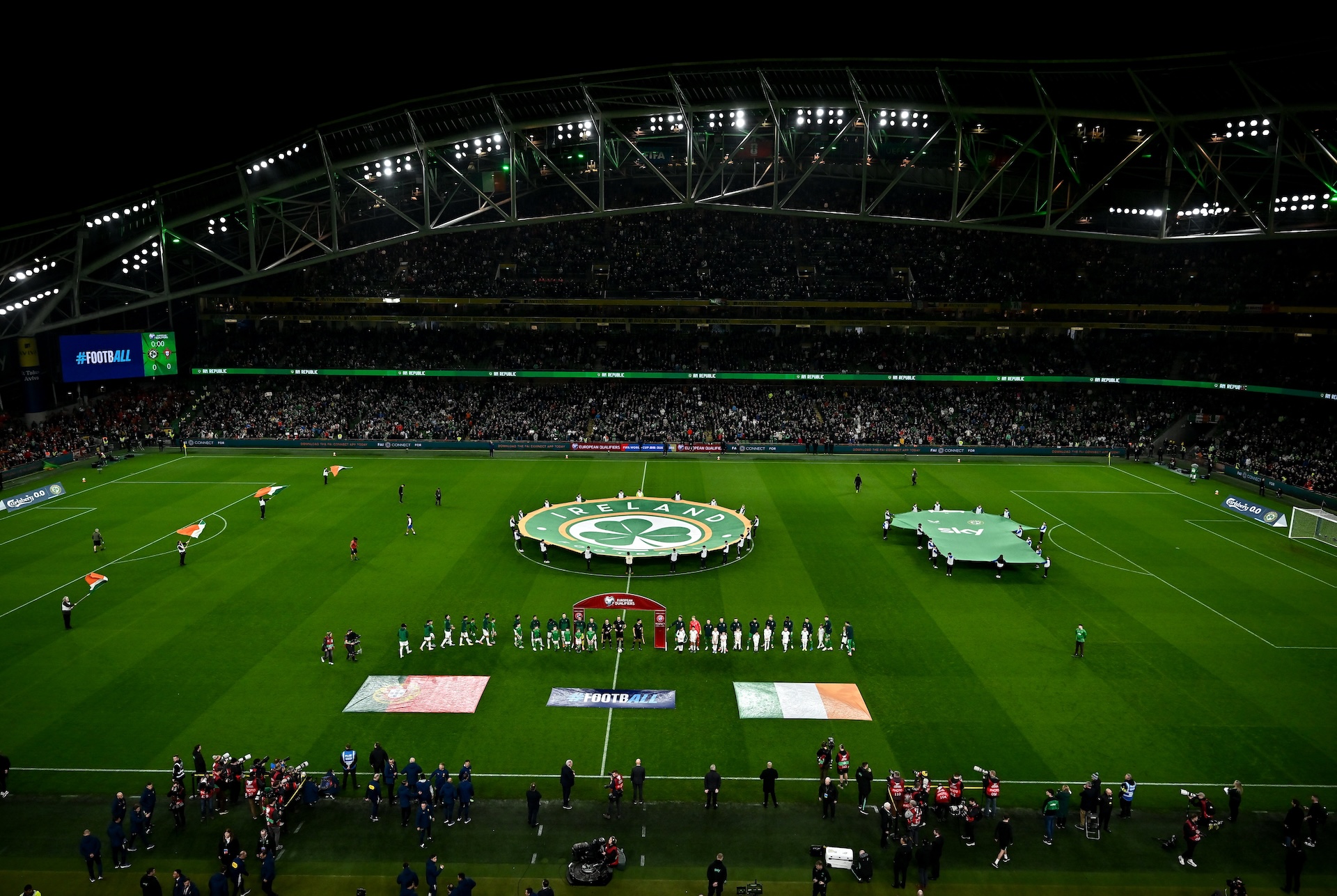
- Capacity: 50,000
- Matches: Group stage, round of 16, quarter-final
Aviva Stadium is Ireland’s sleek, modern home for both rugby and football. Opened in 2011, it hosted major events including Europa League finals, concerts and most recently Ireland's historic 2-0 win over Portugal that saw Cristiano Ronaldo sent off during a World Cup Qualifier.
Euro 2028 will be its biggest football test to date, with group matches, a round-of-16 game, and a quarter-final. Fans can expect panoramic views, a compact and intense atmosphere, and some serious Irish football pride on display as the Republic of Ireland hosts teams from across Europe.
St James’ Park — Newcastle, England
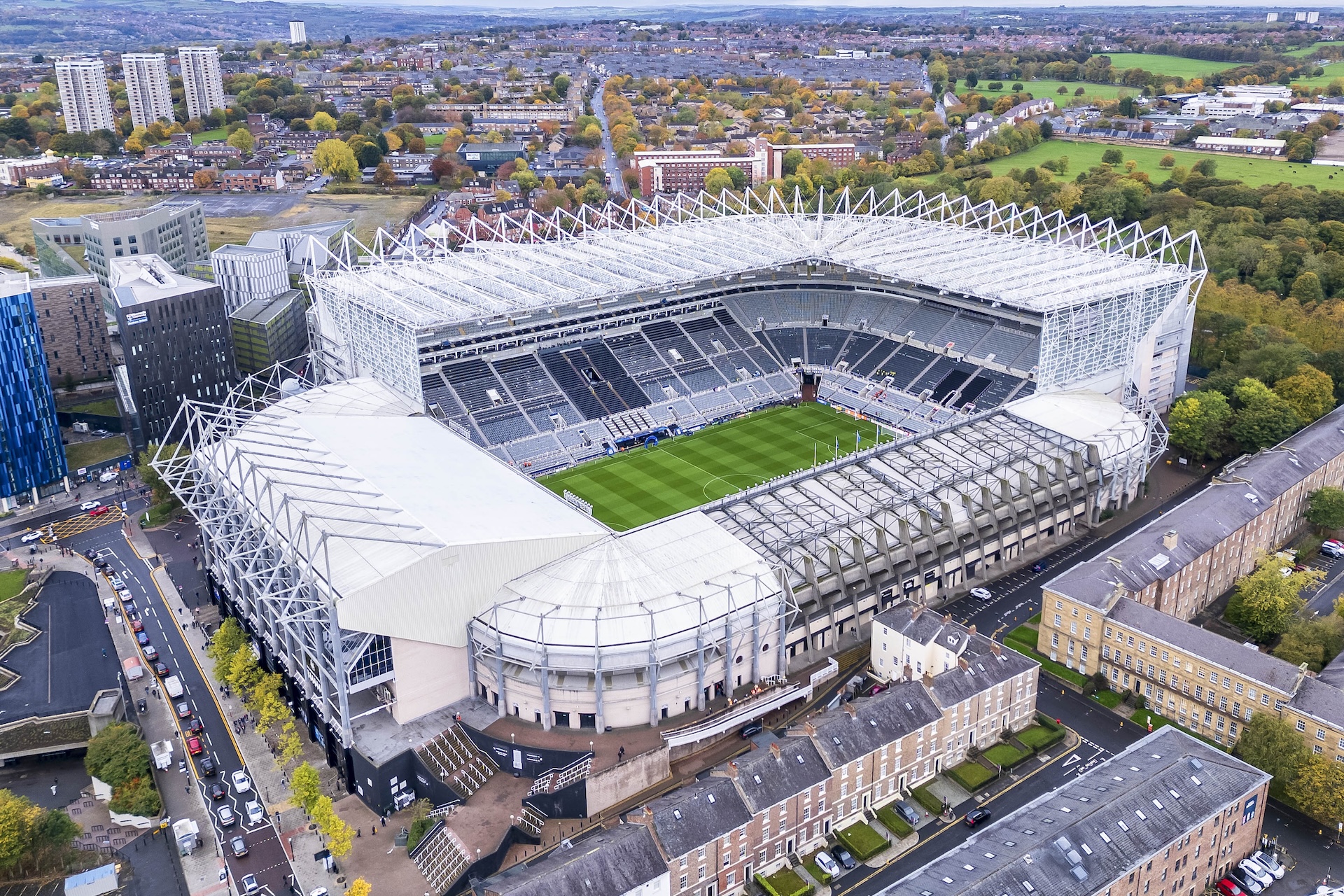
- Capacity: 50,000
- Matches: Group stage, round of 16
Newcastle’s historic stadium is a staple of English football, with dramatic views over the city and the Tyne. St James’ Park will host four group-stage games plus a knockout match, including one of England’s possible round-of-16 fixtures. The North East is renowned for its passionate fanbase, and the stadium’s blend of history and modern comfort will make it one of the tournament’s most atmospheric venues.
Hill Dickinson Stadium — Liverpool, England
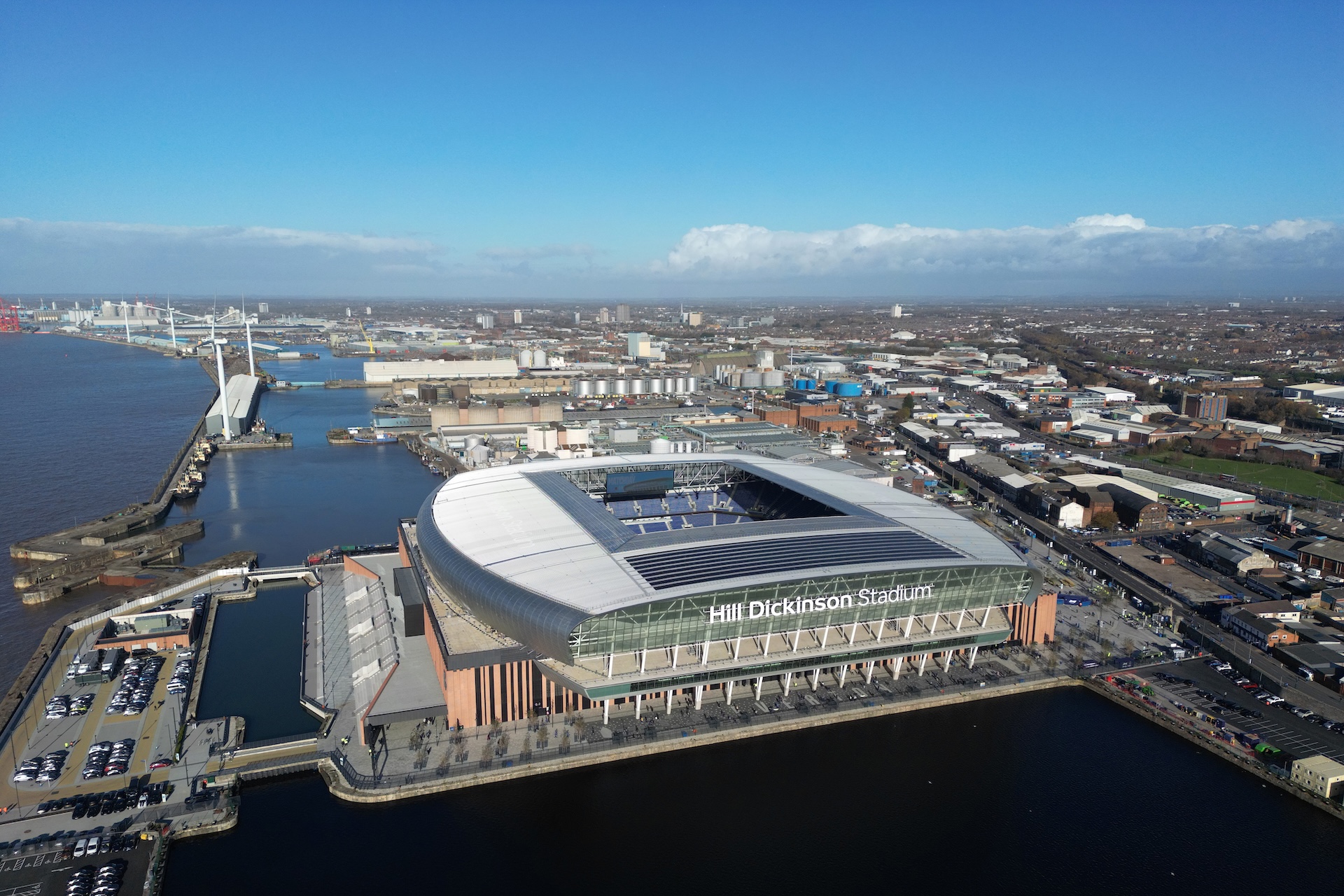
- Capacity: 50,000
- Matches: Group stage, round of 16
Everton’s brand-new waterfront stadium opens its doors to international football for the first time. With cutting-edge facilities and views over the Mersey, it promises an intimate yet energetic atmosphere.
Liverpool’s proud sporting culture ensures that group-stage matches and a potential knockout tie here will feel electric, blending city passion with stadium modernity.
Villa Park — Birmingham, England
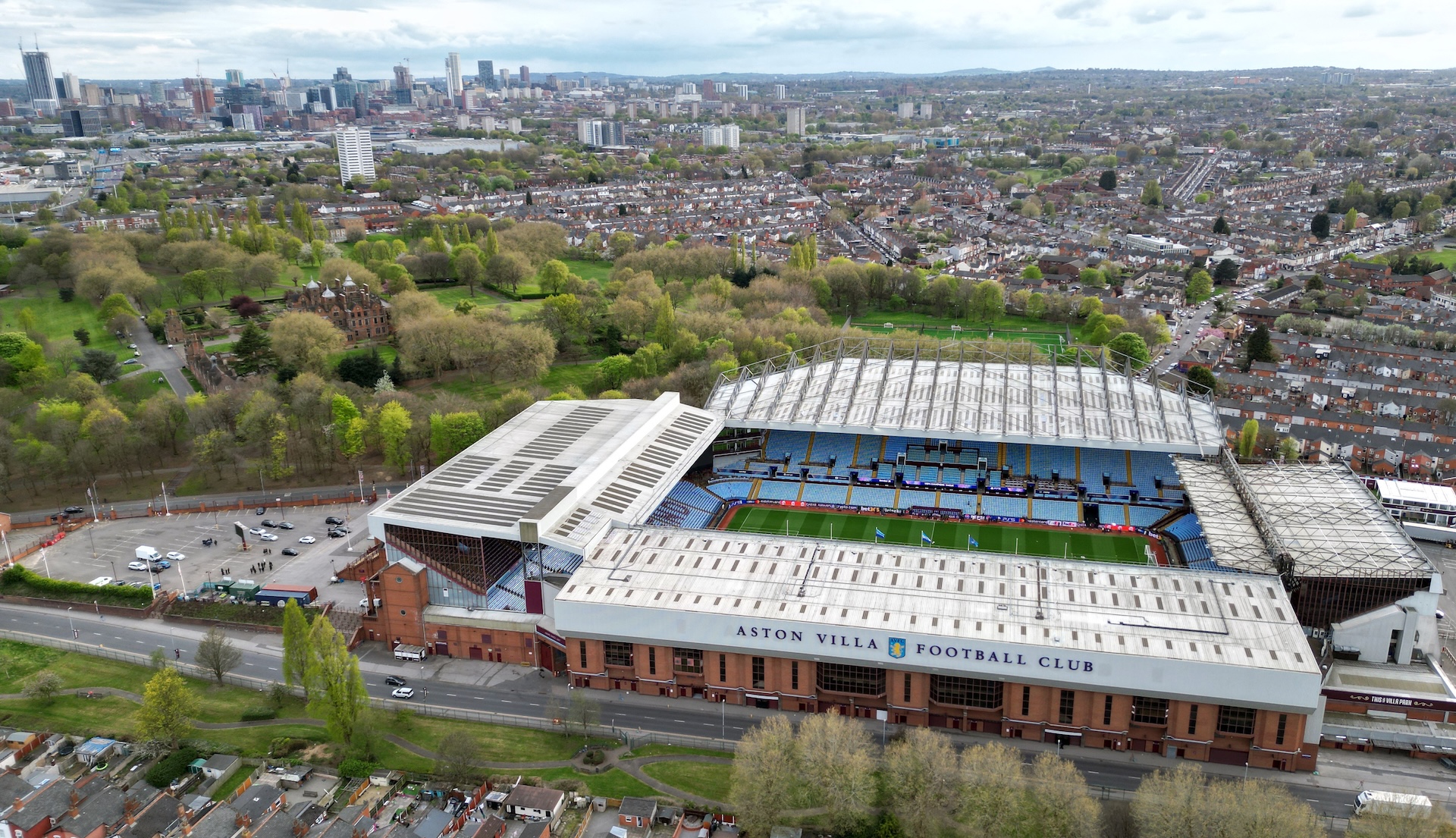
- Capacity: 48,000
- Matches: Group stage, round of 16
Aston Villa’s historic home is steeped in football tradition, hosting 17 England internationals and key European fixtures. Villa Park will see group-stage action and a round-of-16 tie, with the stadium’s famous North Stand due for expansion before the tournament.
Expect passionate West Midlands crowds and a venue perfectly suited to combining heritage with modern tournament requirements.
Now all that is left is for the home nations to qualify.

Skip the search — follow Shortlist on Google News to get our best lists, news, features and reviews at the top of your feeds!

Morgan got his start in writing by talking about his passion for gaming. He worked for sites like VideoGamer and GGRecon, knocking out guides, writing news, and conducting interviews before a brief stint as RealSport101's Managing Editor. He then went on to freelance for Radio Times before joining Shortlist as a staff writer. Morgan is still passionate about gaming and keeping up with the latest trends, but he also loves exploring his other interests, including grimy bars, soppy films, and wavey garms. All of which will undoubtedly come up at some point over a pint.
You must confirm your public display name before commenting
Please logout and then login again, you will then be prompted to enter your display name.